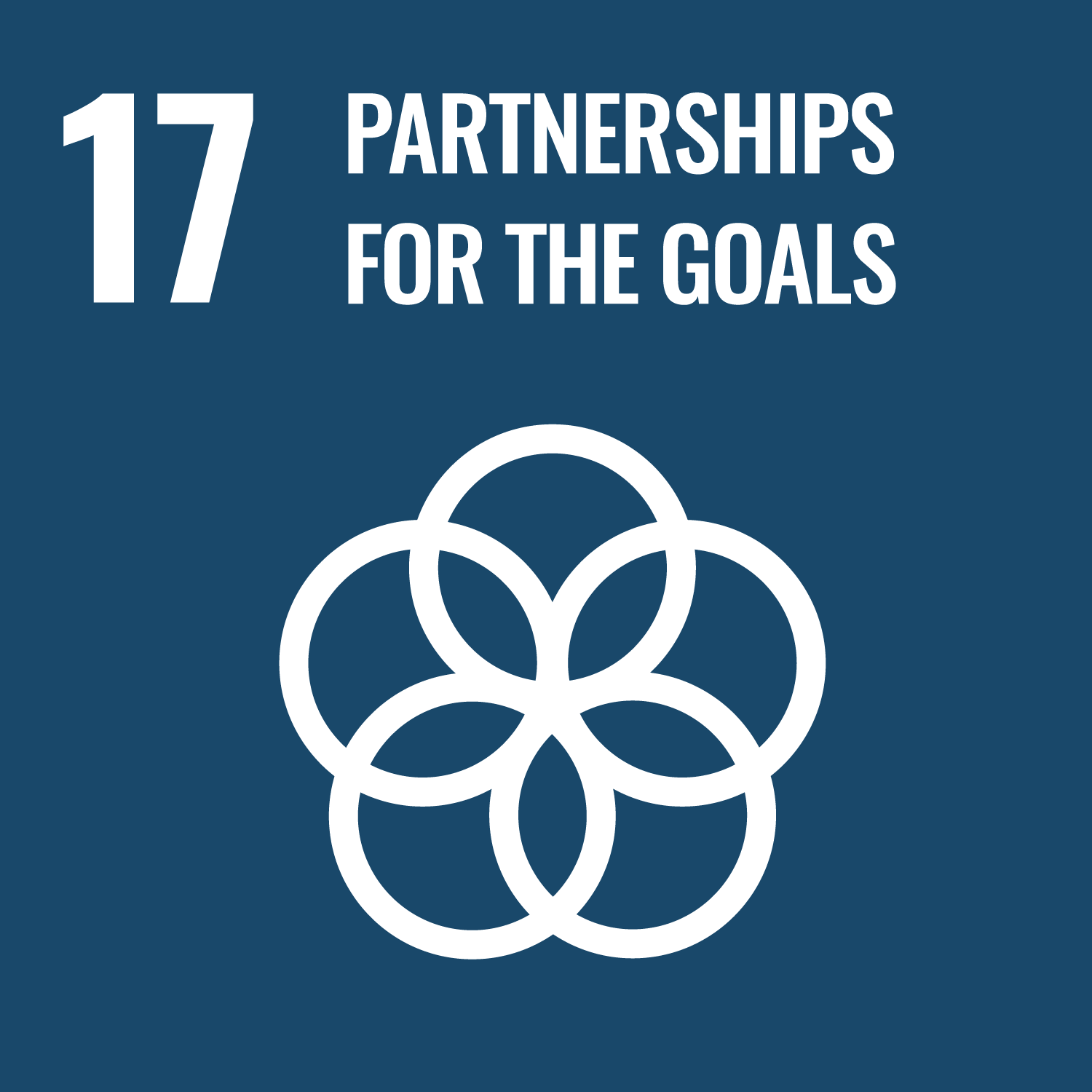ORCID
- Brian Campbell: 0000-0001-9387-4580
Abstract
AbstractSome social scientists have argued that state legal institutions are not effective at protecting immigrants. Proper evaluation of ethnographic data, they argue, shows that migrants integrate themselves by forming strong, personal relationships of trust and friendship minimally grounded in discourses of ethnicity or kinship. They also transcend legal and cultural categories and assign roles other than those of the state. This article tests this model against the experience of migrants, refugees, and transfronterizos/as (cross‐border laborers) engaged in informal ties of confianza (trust) in Ceuta, a small Spanish enclave in Morocco. Workers claim that while ties of confianza can transform into kinship, they are also ridden with suspicion and vulnerable to exploitation. Therefore, migrants claim they must show a caradura (literally, a hard face) and be ready to stand up to their employers to protect their interests. Ceutan employers, by contrast, use confianza to manage the risks of dealing with hostile foreigners, to regulate state interference, and to integrate the migrant on their terms. Building on anthropological theories of informal and domestic work, this articles suggests that Ceutan confianza is better explained as an ambiguous, ethnically informed discourse both migrants and employers use to navigate Ceuta's unregulated shadow economy.
DOI Link
Publication Date
2018-01-01
Publication Title
PoLAR: Political and Legal Anthropology Review
Volume
41
Issue
1
ISSN
1081-6976
First Page
160
Last Page
178
Recommended Citation
Campbell, B. (2018) 'Caradura: Migration, Informal Labor, and the Problem of Enacting Trust in a Spanish Enclave in Morocco', PoLAR: Political and Legal Anthropology Review, 41(1), pp. 160-178. Available at: 10.1111/plar.12246


